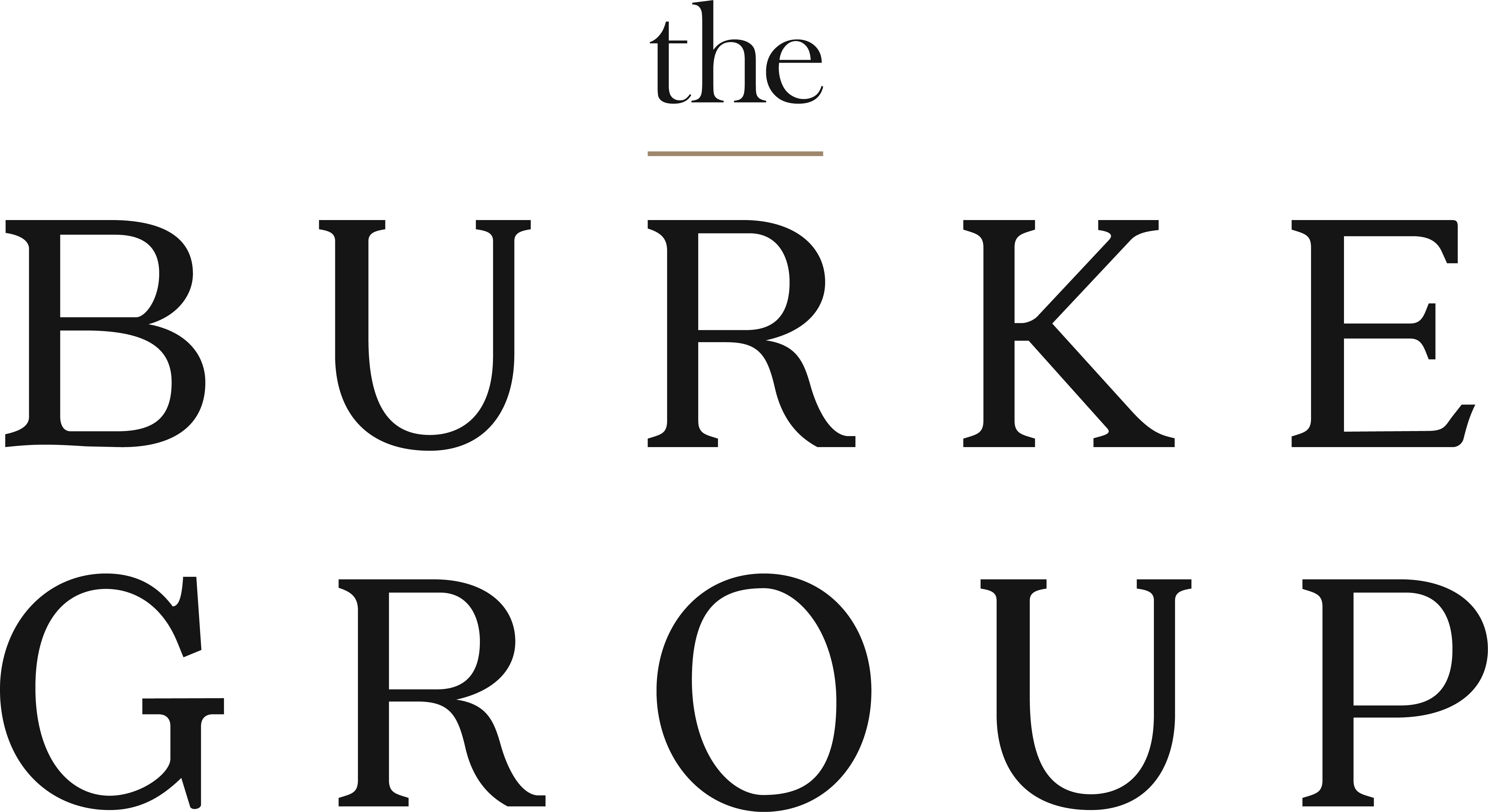The Future of Recruitment in Canada: Navigating a Changing Landscape

In the dynamic realm of talent acquisition, the future of recruitment in Canada is poised for transformative shifts driven by technological advancements, demographic changes, and evolving candidate expectations. As organizations adapt to meet the demands of a rapidly changing workforce and marketplace, the recruitment process is undergoing a paradigm shift characterized by innovation, personalization, and agility. In this blog post, we'll explore the emerging trends and strategies shaping the future of recruitment in Canada.
Embracing Digital Transformation
The digital revolution has revolutionized every aspect of our lives, and recruitment is no exception. Technology will continue to play a central role in streamlining and enhancing recruitment in the coming years. From leveraging artificial intelligence (AI) and machine learning algorithms to automate candidate sourcing and screening to implementing virtual reality (VR) and augmented reality (AR) tools for immersive candidate experiences, Canadian organizations will increasingly embrace digital transformation to gain a competitive edge in talent acquisition.
Focus on Candidate Experience
In a candidate-driven job market, providing an exceptional candidate experience is paramount for attracting and retaining top talent. Canadian employers will prioritize creating seamless, personalized, and engaging recruitment experiences that reflect their employer brand and values. From intuitive career websites and mobile-friendly application processes to interactive virtual interviews and personalized communication channels, organizations will invest in technologies and strategies that prioritize the needs and preferences of candidates throughout the recruitment journey.
Diversity, Equity, and Inclusion
Diversity, equity, and inclusion (DEI) will continue to be critical considerations in recruitment practices across Canada. As organizations recognize the business imperative of building diverse and inclusive workforces, they will adopt strategies to attract and hire talent from underrepresented groups. This includes implementing bias-free recruitment practices, partnering with community organizations and educational institutions to source diverse talent pipelines, and fostering inclusive workplace cultures that empower employees of all backgrounds to thrive.
Agile and Flexible Work Models
The COVID-19 pandemic accelerated the adoption of remote work and flexible work arrangements, transforming how organizations approach talent acquisition. In the future, Canadian employers will embrace agile and flexible work models that offer employees greater autonomy and work-life balance. This shift will redefine traditional notions of recruitment, with organizations casting a wider net to attract talent beyond geographical boundaries and embracing remote-first recruitment practices prioritizing skills and competencies over location.
Data-Driven Decision-Making
Data analytics will be increasingly pivotal in recruitment strategy formulation and execution. Canadian organizations will leverage data-driven insights to optimize recruitment processes, measure the effectiveness of sourcing channels, and identify trends and patterns in candidate behaviour. By harnessing the power of data analytics, employers will make informed decisions that enhance recruitment outcomes, improve candidate quality, and drive business performance.
As we look ahead to the future of recruitment, one thing is clear: change is inevitable. Organizations must embrace innovation, agility, and a candidate-centric mindset to succeed in a rapidly evolving talent landscape. By leveraging technology, prioritizing candidate experience, championing diversity and inclusion, embracing flexible work models, and harnessing the power of data analytics, organizations can navigate the complexities of recruitment with confidence and drive sustainable growth in the years to come.
Recruitment's future belongs to those willing to adapt, innovate, and embrace change.
Employers have a plethora of tools and strategies at their disposal to assist in hiring the best candidates, streamline the interview process, conduct psychometric testing, facilitate onboarding, and attract and retain top talent. Let's explore some of these tools and best practices:
TOOLS FOR HIRING THE BEST CANDIDATE:
Applicant Tracking Systems (ATS): ATS platforms help manage the entire recruitment process, from posting job openings to tracking candidate applications and managing communication. Popular ATS options include Greenhouse, Lever, and Workday.
Candidate Assessment Platforms: These platforms provide tools for conducting skills assessments, personality tests, and cognitive assessments to evaluate candidate suitability. Examples include Criteria Corp, SHL, and Talentoday.
Video Interviewing Platforms: Video interviewing tools enable employers to conduct remote interviews efficiently. Platforms like HireVue, Zoom, and VidCruiter offer features such as live interviews, pre-recorded interviews, and automated scheduling.
Background Screening Services: Background screening services help verify candidates' credentials, employment history, and criminal records. Companies like Checkr, Sterling, and HireRight offer comprehensive background check solutions.
INTERVIEW GUIDES AND BEST PRACTICES:
Structured Interview Guides: Develop interview guides with standardized questions tailored to the role and desired competencies. This ensures consistency and fairness in candidate evaluation.
Behavioural Interview Techniques: Use behavioural interview questions to assess candidates' past behaviour and predict future performance. Focus on examples of relevant experiences and accomplishments.
Diverse Interview Panels: Ensure diversity in interview panels to minimize bias and provide different perspectives during candidate evaluation.
Timely Feedback: Provide prompt feedback to candidates at each stage of the recruitment process to maintain transparency and a positive candidate experience.
PSYCHOMETRIC TESTING:
Personality Assessments: Tools like Myers-Briggs Type Indicator (MBTI), DISC, and Hogan Assessments measure personality traits relevant to job performance and team dynamics.
Cognitive Ability Tests: Assess candidates' cognitive abilities, problem-solving skills, and critical thinking with tests such as Wonderlic, Watson-Glaser, and Raven's Progressive Matrices.
Emotional Intelligence (EQ) Assessments: Evaluate candidates' emotional intelligence, self-awareness, and interpersonal skills using the Emotional Intelligence Appraisal and EQ-i 2.0 assessments.
ONBOARDING TOOLS:
Employee Onboarding Software: Onboarding platforms like Sapling, BambooHR, and Namely streamline the onboarding process by automating paperwork, facilitating training, and fostering social integration.
Mentorship Programs: Pair new hires with experienced employees to provide guidance, support, and opportunities for professional development during the onboarding process.
Feedback Mechanisms: Establish feedback channels to gather input from new hires and identify areas for improvement in the onboarding experience.
ATTRACTING AND RETAINING TOP TALENT:
Employer Branding: Cultivate a strong employer brand by showcasing company culture, values, and employee testimonials through social media, career websites, and employer review sites like Glassdoor and Indeed.
Employee Referral Programs: Encourage current employees to refer qualified candidates through referral bonuses, recognition programs, and employee engagement initiatives.
Competitive Compensation and Benefits: Offer competitive salaries, performance bonuses, and comprehensive benefits packages to attract and retain top talent.
Professional Development Opportunities: Invest in employee training, career development programs, and mentorship initiatives to support continuous learning and growth.
WHERE TO SEARCH FOR TALENT:
While job boards remain relevant, other avenues for talent sourcing include:
Professional Networking Platforms: Utilize platforms like LinkedIn, professional associations, and industry events to connect with passive candidates and build relationships.
Social Media Platforms: Leverage social media platforms like Twitter, Facebook, and Instagram to promote job openings and engage with potential candidates.
University and College Career Centers: Partner with educational institutions to recruit recent graduates and participate in career fairs and networking events.
Recruitment Agencies and Headhunters: Collaborate with specialized recruitment agencies and executive search firms to access their talent networks and expertise in niche markets.
TOP JOB BOARDS:
While the effectiveness of job boards may vary depending on the industry and location, some popular job boards in Canada include:
Indeed: A comprehensive job search engine with a vast database of job listings across industries and locations.
LinkedIn: A professional networking platform that also serves as a job board, allowing employers to post job openings and connect with candidates.
Glassdoor: A platform that offers job listings, company reviews, and salary information, providing candidates with insights into company culture and employee experiences.
Workopolis: One of Canada's leading job boards, featuring a wide range of job postings from employers nationwide.
Monster: A global job board with a significant presence in Canada, offering job postings, resume databases, and career resources for employers and job seekers.
Leveraging innovative tools, effective interview techniques, psychometric assessments, robust onboarding processes, and strategic talent sourcing strategies, Canadian employers can enhance their recruitment efforts, attract top talent, and build high-performing teams poised for success in the future of work.
Connect with us today, and let us help you navigate finding top talent.
